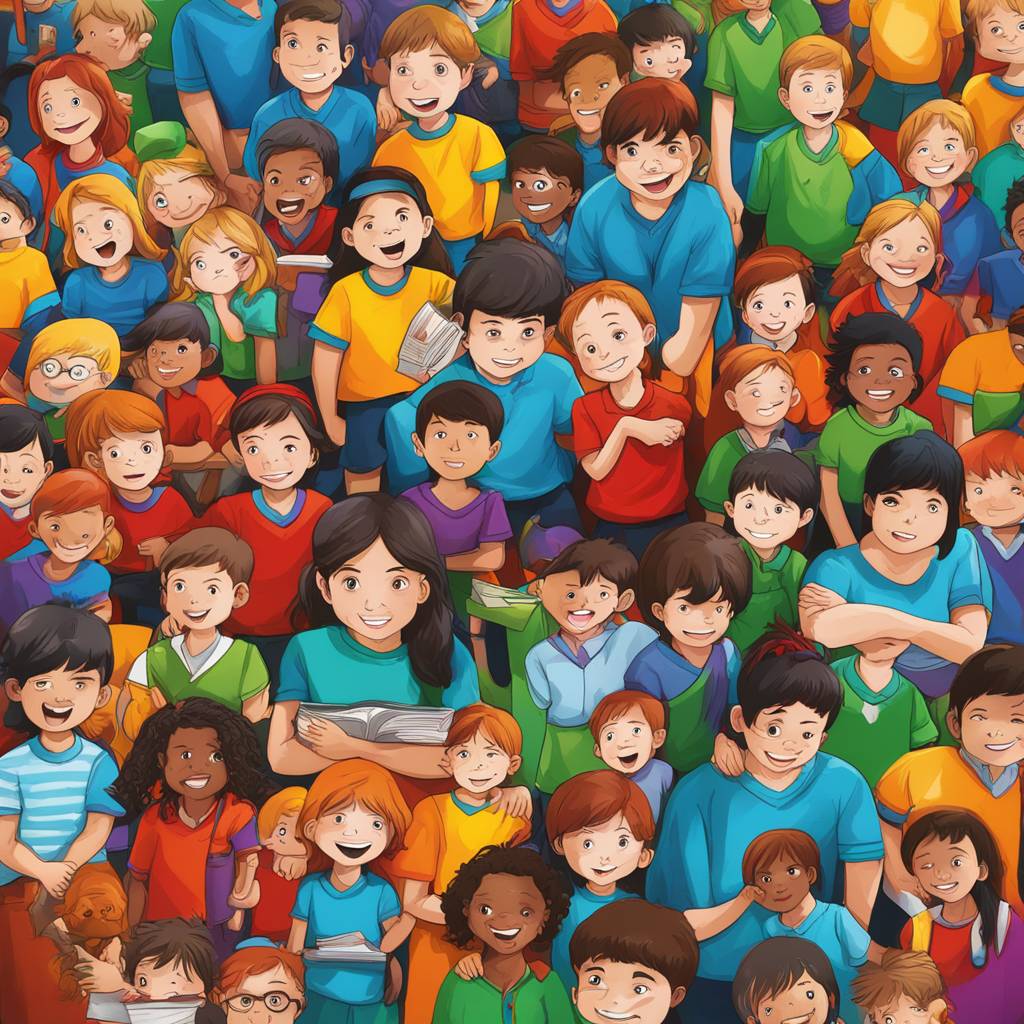The COVID-19 pandemic has brought about significant changes in the lives of families and the culture of education. As schools around the world closed their doors to prevent the spread of the virus, parents suddenly found themselves faced with the daunting task of balancing work, caregiving, and homeschooling. This unprecedented situation has put a strain on families, with many struggling to adapt to the new normal of remote learning and working from home. The pandemic has also highlighted the disparities in access to education, with children from low-income families facing greater challenges in accessing online learning resources.
The closure of schools has forced families to rethink their approach to education and childcare. Parents have had to take on the role of educators, supporting their children’s learning while also managing their own work responsibilities. This juggling act has led to increased stress and burnout among parents, many of whom are overwhelmed by the demands of trying to balance work, household chores, and childcare. The pandemic has also exposed the digital divide, with families lacking access to reliable internet or devices struggling to participate in online learning activities.
The pandemic has also had a profound impact on the mental health and well-being of families. The uncertainty and stress of the crisis have taken a toll on parents and children alike, leading to increased anxiety, depression, and feelings of isolation. The lack of social interaction and support systems has further exacerbated these issues, with families feeling more isolated and disconnected from their communities. The closure of schools and extracurricular activities has also deprived children of important social and emotional development opportunities, leaving many feeling lonely and isolated.
In response to the challenges posed by the pandemic, educators and policymakers have had to rapidly adapt to a new way of delivering education. Schools have implemented online learning platforms and virtual classrooms to ensure continuity of education for students, while also providing support and resources to parents who are struggling to navigate this new educational landscape. Teachers have had to rethink their lesson plans and teaching strategies to engage students in a virtual setting, while also addressing the social and emotional needs of their students. The pandemic has forced schools to innovate and collaborate in ways that were previously unthinkable, with educators coming together to support each other and find creative solutions to the challenges they are facing.
The pandemic has also brought about a shift in the way families and educators view the role of education in society. The closure of schools has forced parents to take a more active role in their children’s education, leading to a greater appreciation for the work that teachers do on a daily basis. Parents have also gained a newfound respect for the resilience and adaptability of educators, who have gone above and beyond to support their students during this challenging time. The pandemic has also highlighted the importance of social and emotional learning in education, with families and schools recognizing the need to prioritize the mental health and well-being of students in order to help them thrive academically.
As the pandemic continues to unfold, families and educators are facing an uncertain future. The long-term impact of the crisis on education and families remains to be seen, but it is clear that the pandemic has changed the way we view education and the role of families in supporting their children’s learning. Moving forward, it will be essential for schools, parents, and policymakers to work together to address the challenges posed by the pandemic and create a more equitable and supportive educational system for all students.


